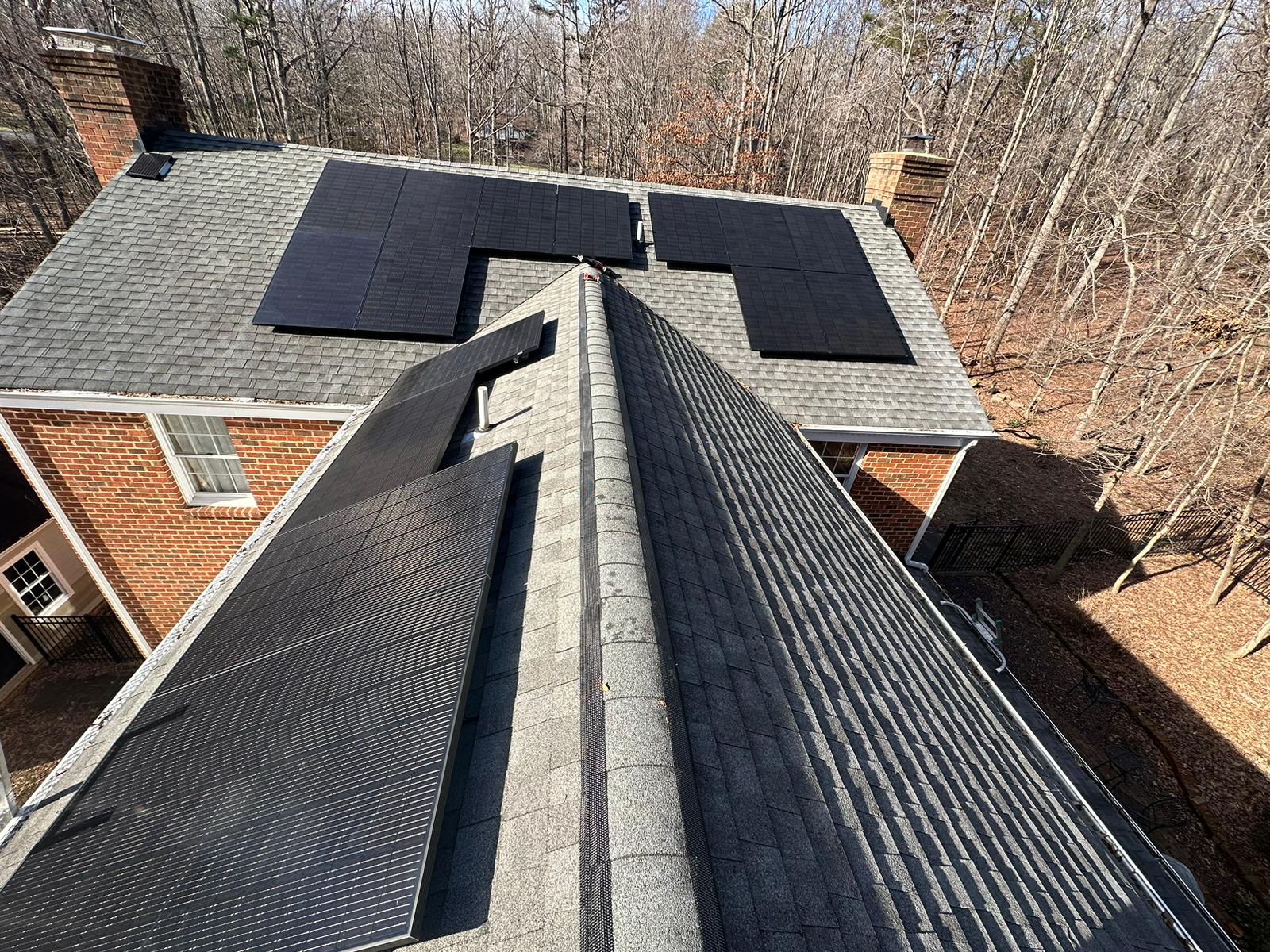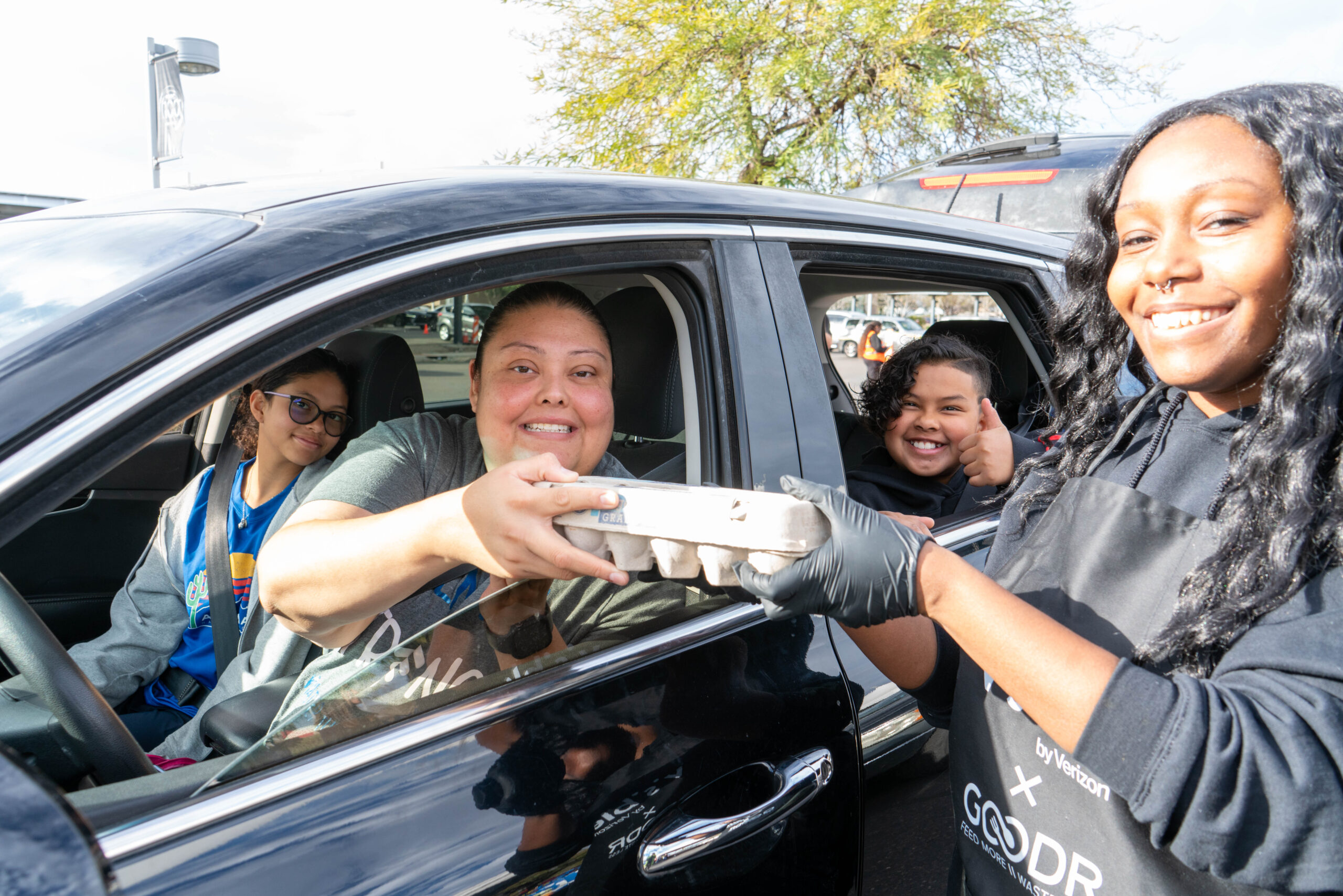When Randy Ritchie and Colum Riley first met, they discovered a shared passion uncommon in Tinseltown: building healthy soil.
It all started when Ritchie, one of the first sustainable landscape designers in Los Angeles, received a request from a customer who wanted to grow organic food on her property in Malibu. The problem: Randy could not find good quality soil for her garden.
Shortly thereafter, Ritchie met Riley. Riley grew up on a biodynamic farm in southeast Pennsylvania, Camphill Village Kimberton Hills, and moved to California to study sustainable business; his then-goal was to enter consulting. Together they analyzed the lawn and garden industry, and identified an unmet need in the marketplace.
“There was a total absence of any high-quality soil product,” says Ritchie. “That’s when we decided to enter a market that’s never been there before—biodynamic compost. It’s real. It’s truly organic. It’s living soil.”
On July 8, 2009, the duo founded Malibu Compost, and became the first-ever local producer and distributor of certified biodynamic compost. After years of demonstrating the strength of their business model, the company received a loan from who are referred to as second charge lenders, to help it expand.
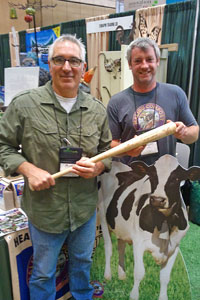
“Malibu Compost is a strong mission fit for RSF,” says Mike Gabriel, manager of social enterprise lending at RSF Social Finance. “They are committed not only to biodynamic practices, but also to addressing broader environmental issues through education and outreach.”
The Dirt on Biodynamics
Developed in the early 1920s, the biodynamic approach to agriculture is based on the spiritual insights and practical suggestions of Rudolf Steiner.
Biodynamic farmers strive to create a diversified, balanced farm ecosystem that generates health and fertility as much as possible from within the farm itself. Often referred to as “beyond organic,” biodynamic agriculture treats soil as a living organism rather than a support system. And like any living organism, the better the food it consumes, the stronger and healthier it becomes.
“It starts with creating living soil. We’ve created a compost that has such biological diversity that it literally brings gardens back from the dead to a state of health,” says Ritchie.
At Malibu Compost, the soil preparation process begins on a California farm where dairy cows graze over a thousand acres of organic pasture. In line with traditional biodynamic practices, Malibu Compost combines dairy cow manure with wood chips and homeopathic biodynamic preparations, which contain ingredients such as chamomile, dandelion and yarrow. This system produces a high-quality compost with naturally occurring microbial activity that is full of nutrients.
Certified by Demeter USA—the world’s only certifier of biodynamic farms and products—Malibu Compost adheres to strict standards that ensure crops are grown without chemical pesticides and fertilizers, utilize compost and cover crops, and set aside 10 percent of the total farm acreage for biodiversity.
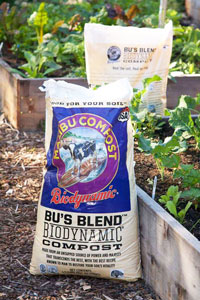
Going North
Malibu Compost has continued to broaden its customer reach, with particularly high demand in the Pacific Northwest.
“We watched the Oregon and Washington markets fall in love with Malibu Compost,” added managing partner Renie Byrne. “But our biggest issue in fulfilling this demand was shipping costs.”
A year and a half ago, Ritchie and Riley went to Oregon to identify the best organic, pasture-based dairy farms. There the Malibu Compost team set-up shop—using RSF financing to purchase equipment for the new production facility.
“We’ve been hoping and anticipating for this type of partnership since our inception,” says Riley. “The mission of RSF is to leverage capital to create positive social and environmental impact, which directly parallels the approach we take in all aspects of our model.”
Malibu Compost products are now sold in local lawn and garden centers, organic grow shops, and specialty markets in 12 states across the U.S. Select products are also available online nationwide. Their compost is also used in the gardens at Highland Hall Waldorf School in Los Angeles, a fellow RSF borrower.
Business with Intention
Ritchie and Riley have big plans for the future of Malibu Compost. They envision having at least seven regional farms producing local compost. They also want to partner with young and aspiring organic farmers, and to identify farms where building compost will help heal and nourish the land.
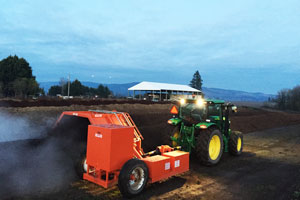
“We want to build symbiotic partnerships and relationships so we can strive to make the best possible product in the country,” says Riley.
Education is another important element of Malibu Compost’s model. Both co-founders do educational seminars and speak at conferences to promote education and awareness of biodynamic agriculture. They reach tens of thousands of consumers each year, and make the practice more approachable to the general population.
“People can take the product, even if they know nothing about it, and put it in their garden and see results,” says Riley. “We are building trust and community around this. There is a sense of ownership that people feel once they use Malibu Compost.”
Ritchie adds, “What we’re bringing to business is intention. Business should have a heart, breath, soul, belief system, and an intention. And a personality!”
To learn more, visit malibucompost.com.
